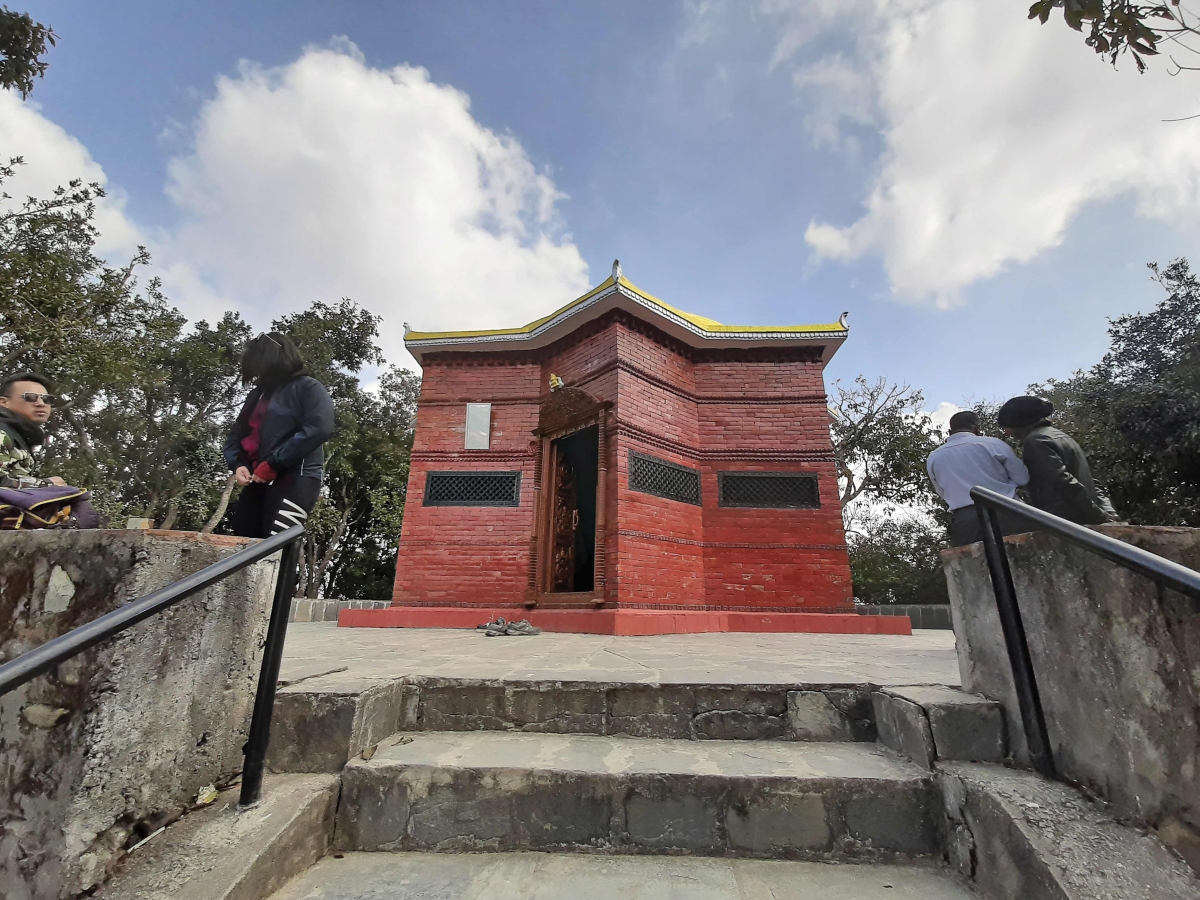Manjushree Thapa is a doyen of English language fiction and non-fiction. Her books are accessible, always interesting, provocative, and sometimes controversial. Her first book was Mustang Bhot in Fragments (1992), a personal observation about the dynamics of change in remote Mustang District only recently exposed to development aid and foreign visitors. In 2000, she translated the short stories of Ramesh Vikal in A Leaf in a Begging Bowl, and in 2001, she co-edited Secret Places: New Writings from Nepal. Her The Tutor of History (2001) was the first major novel in English by a Nepali writer. It is a well-crafted story of life, love and politics in a hill village. Her 2005 non-fiction book, Forget Kathmandu: An Elegy to Democracy, took readers by storm, stirring up all sorts of feelings, but mostly praise.
Tilled Earth (2007) is a set of realistic stories about Nepali men and women coping with daily life, the new Nepal and their own self image and aspirations. The stories encompass a variety of dramas and dilemmas, including boys pondering how to choose a wife; a young man struggling for achievement in life against all odds—intellectual, social and economic; minor civil servants dealing with the boring mundane office work; the impact of foreign visitors on impressionable Nepali youth in Thamel; Nepalis and foreigners (lovers) on trek; a European fling; and much more.
I was especially intrigued by the social realism of three stories. In the title piece, ‘Tilled earth’, we read about a co-ed in Seattle coping with a long-distance love affair while contemplating going illegal as her visa runs out. Along the way, we learn the meaning of some intriguing words: ‘antipodes’, ‘bolt-hole’, ‘caldera’, ‘idiolect’ and ‘graphicacy’, to name a few.
The story, ‘Ta’Angzoum among the cows’, contrasts the life of a poor village woman—”a small-boned woman who stopped growing long before she should have”—who every day “either weeds the buckwheat... or cuts grass, gathers brush, scoops dung, ...chops wood, threshes grain, weaves rugs or washes clothes”, with that of a busy district officer burdened by the development of “Infrastructure: roads, trails and bridges. To be surveyed, cost-estimated, constructed, repaired and rehabilitated...” etc. He is also writing a speech for a District Development Committee meeting:
He hunches over his desk and writes in a neat, sloping script: We are the poor people of a poor, developing country. He sits back and examines the sentence. There is theatricality to his actions.
[Much later, after many interruptions...] He puts on his bifocals and rereads the first line of his speech: We are the poor people of a poor, developing country... No. He crosses out country and replaces it with nation.
Thapa’s critical realism comes out most boldly in a visit to Buddha’s birthplace, Lumbini. Her story, ‘The Buddha in the earth-touching posture’, sounds autobiographical, thinly disguised as a visit by a fictional retired civil servant who is mistaken for a UN official conducting research. That misconception provides Thapa with a unique way to pursue several lines of inquiry, adding depth to the story. In it she highlights disturbing contrasts between the excessive wealth spent on some of the religious edifices of Lumbini and the abject poverty of local villagers beyond its boundaries; between fact and fiction concerning the Buddha-birth story; and between the original dream of a peaceful international pilgrimage site and the current reality of the site, watched over by armed guards.
Manjushree Thapa comes to the writer’s craft with superb credentials. She is well traveled in Nepal and abroad, well read in Nepali and English, and well educated with degrees in fine arts (photography and English fiction). Her next novel, Seasons of Flight, will be out soon.
Penguin Books India, 2007, 185pp. Price Rs. 350/-.
Some lesser-known vegetable dishes from the southern plains
I’m not a vegetarian but I love vegetables. And whenever I get to the southern plains of Nepal, I try...









